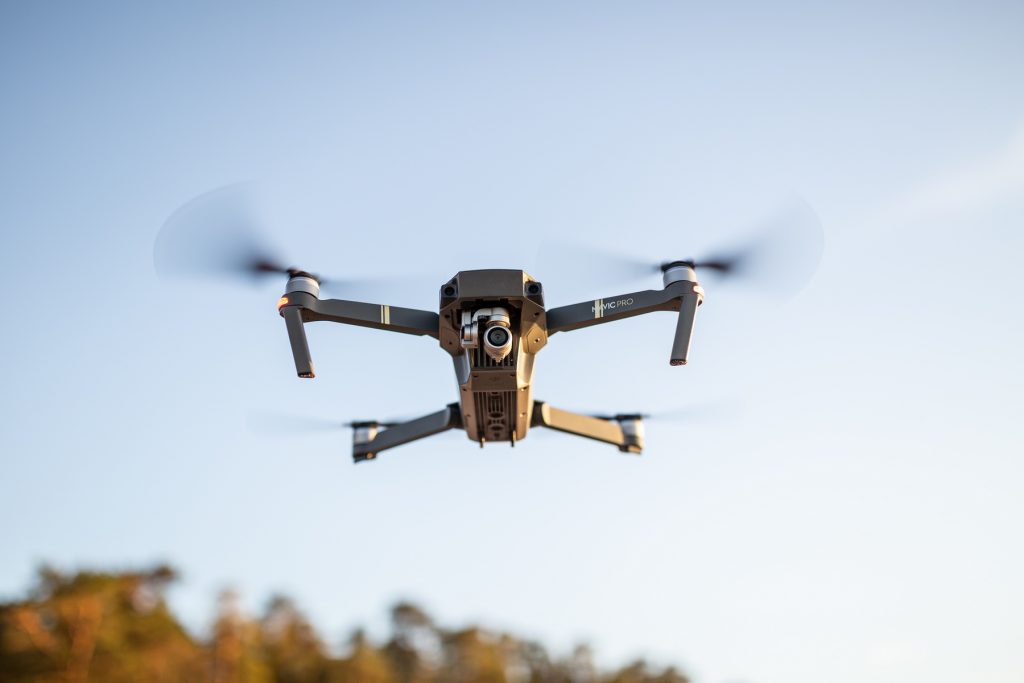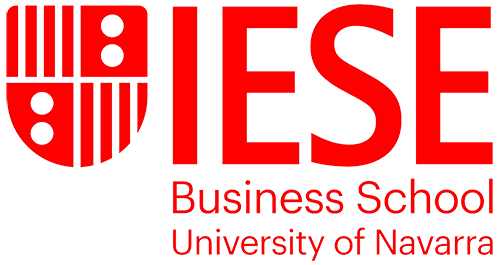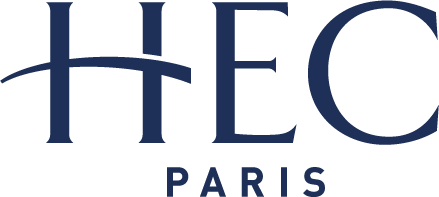On September 26-27, the team of the Horizon2020 funded project BoostEuroTeQ: strengthening institutional transformations for responsible engineering education in Europe met in the Czech Technical University in Prague (CTU) to share recent findings and fine-tune next steps.
BoostEuroTeQ aims to identify ways of strengthening the newly formed EuroTeQ alliance – an Erasmus+ funded initiative constituted by six leading European technical universities. One of the key goals is to investigate what these universities are currently doing to form responsible future engineers and professionals. It will then explore how we can better prepare them to address the social, political and ethical dimensions of emerging science and technology. These include anticipating technical failures and being responsive to unexpected outcomes of novel technologies. Going further, they also are about how scientific and technological innovations can be oriented to create good, just, and desirable present and future societies.
One possible way of moving towards socially desirable futures is by bringing science and technology specialists to collaborate with real people, with real needs, in real contexts of application. In the business world, this is often called “co-creation”. Although a popular concept, one of its downsides is that co-creation often refers to practices seeking to produce highly individualized benefits for consumers and economic value for the producers. A more interesting term is public value co-creation. This suggests the idea of bringing together different groups of experts and non-experts in joint innovation activities that seek to produce not only private gain and individual comfort but also contribute to the welfare of others.
Carlos Cuevas Garcia from Technical University of Munich took advantage of consortium meeting in Prague to explore interesting work being currently carried out at CTU. Some weeks before traveling, he came across the Multi-Robot Systems Group, under the leadership of Dr. Martin Saska, at the Faculty of Electrical Engineering. The group carries out research on Unmanned Aerial Vehicles (UAVs) – or drones –, with a particular focus on how multiple UAVs work in coordination to conduct one shared mission and acquire a better understanding of the environment.
During the visit, Multi-Robot System Group shared insights regarding responsible engineering and contribution to the co-creation of public value. There were six practices that stood out in particular:
- The website is carefully curated to make a lot of information about group activities available to others.
- Using different open source programs and making them available on the website along with several codes that can make life easier for those newly introduced to drones.
- Providing introductory courses where students learn to program drones and run simulations that then they can test on expensive equipment that is made available for them.
- Tests are carried out in natural and unpopulated areas to avoid posing risks to others.
- Maintaining the drones and reusing them for different projects. This practice can help reduce e-waste.
- The research group collaborates with multiple communities of users to produce socially relevant applications. These include:
1. Firefighters can utilize applications to identify burning areas inside buildings and shoot fire-extinguishing capsules.
2. Applications for the inspection of historical buildings and monuments, in collaboration with historians and restoration specialists.
3. Applications for the inspection of power lines, in collaboration with stakeholders from the energy sector.
These applications are very relevant for the production of public value as their benefits could potentially expand to large sectors of the population once implemented in daily practice. For instance, examining power line inspections is crucial for the wellbeing of thousands of people whose activities are interrupted when distant power lines fail. In addition, inspection drones make workers’ tasks safer, since they usually perform their tasks from helicopters, which use a lot of fuel and emit pollution. Inspection of historical buildings contributes to preserving cultural heritage and establishing links with scholars in the humanities. These two applications provide more visibility to the usually overlooked and underappreciated work of maintenance workers and historians.
While these research projects demonstrate good ways of putting technology at the service of society, there are several questions that come up:
- To what extent can drone specialists contribute to implement these technologies in real practice according to adequate and legitimate decision-making?
- Are students and young researchers being trained to confront potential fallouts?
- Is technical evidence of safety and efficiency enough for transforming deeply ingrained organizational practices?
- How can these specialists make sure that operators’ (re)training and (up)skilling are left in the right hands?
- How can specialists get the attention of those at high levels of organizational management so that these technologies are adopted in a responsibly way? Put shortly, how can we make sure that good and responsible technologies move into responsible implementations in practice?
These are only a few questions that contemporary technical universities should help to address. It is encouraging to see universities forming alliances that would allow them to discuss and address these questions together, regardless of how difficult they may be to answer. In the BoostEuroTeQ project, the task lies in exploring ways to create meaningful interactions between engineering and the social sciences and humanities across the EuroTeQ universities. Our hope is that these interactions will help to form more responsible future engineers, who will have a rich sense of public value and its co-creation.
Original article written by Carlos Cuevas Garcia, Technical University of Munich
Edited by Sabina Maidla, Tallinn university of Technology








